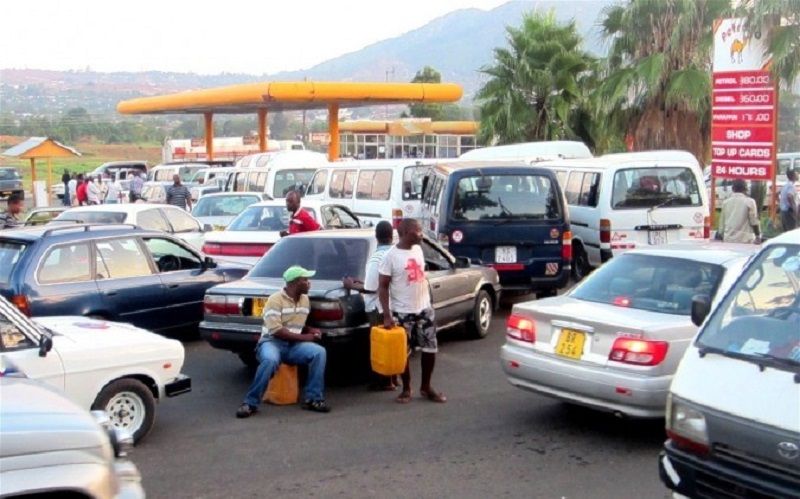By Twink Jones Gadama
The recent announcement by the Malawi Energy Regulatory Authority (MERA) to increase the price of liquefied petroleum gas by 15.25% is a devastating blow to the already struggling poor in Malawi.
This upward adjustment, effective October 16, 2024, will see the price rise from 3,245 Kwacha to 3,740 Kwacha.
According to MERA, this is due to the depreciation of the Malawi Kwacha against major currencies, which has increased the landed cost of gas and reduced returns on investment for operators.

However, this explanation rings hollow for many Malawians, who are already grappling with the consequences of economic mismanagement and poor governance.
Furthermore, the fact that staple food, maize, has seen significant price increases of 22% in September and 15% in October in southern Malawi, is a stark reminder of the struggles faced by the urban poor.
Moreover, the Malawi Congress Party (MCP) government’s failure to control prices has exacerbated the situation, leaving the most vulnerable members of society to bear the brunt.
The devaluation of the kwacha, intended to address foreign exchange shortages, has instead led to widespread price increases, making basic necessities unaffordable for many.
Consequently, families like Francis Tambula’s, who walk 7km every day to work because they cannot afford public transport, will be severely affected by this price hike.
With staple foods already a luxury, the increased cost of liquefied petroleum gas will further erode their purchasing power.
The struggle to make ends meet will become even more daunting, as families are forced to choose between food, water, and other essential needs.
Meanwhile, the MCP government’s inaction has created a vicious cycle of poverty, where the poor are trapped in a never-ending struggle to survive.
The lack of effective economic policies has led to food insecurity, unemployment, and limited access to basic services.
Therefore, the Malawi government must take immediate action to address the economic crisis and alleviate the suffering of its citizens.
This requires implementing effective economic policies that promote economic growth, stabilize the currency, and increase foreign exchange reserves.
Additionally, establishing social protection programs that provide support to vulnerable families, such as subsidies for essential goods and services, is crucial.
Ultimately, ensuring transparency and accountability within the government is essential.
Officials must be held accountable for their actions, and decisions must be made in the best interest of the people.
The fuel price hike is just the latest in a series of blows to Malawi’s poor.
It is time for the government to take responsibility and work towards creating a more equitable society, where everyone has access to the resources they need to thrive.


